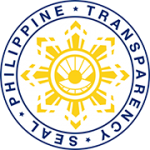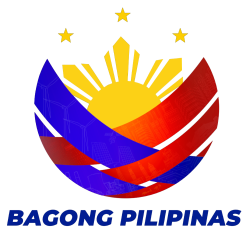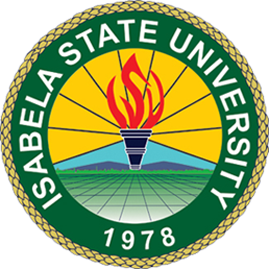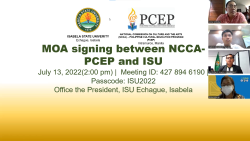 Isabela State University is now set to offer Graduate Diploma in Cultural Education after sealing partnership with the National Commission for Culture and the Arts (NCCA) in a virtual agreement signing this afternoon (July 13).
Isabela State University is now set to offer Graduate Diploma in Cultural Education after sealing partnership with the National Commission for Culture and the Arts (NCCA) in a virtual agreement signing this afternoon (July 13).
The Graduate Diploma is a two-summer 24-unit (8 subjects) post-baccalaureate program divided into Level I and Level II, which offers foundation and major courses to enhance the students’ understanding of the basic theories, processes, and application of arts, culture, and heritage in the culture-based teachings of the basic education curriculum.
In a short message, University President Dr. Ricmar P. Aquino expressed the support of the University in providing necessary programs for culture and the arts, saying that “ISU recognizes that cultural awareness is a vital requirement for social inclusion and equity”.
“As conduit of Graduate Diploma in Cultural Education (GDCE) in the region, a Post Graduate Degree Scholarship Program of the NCCA, ISU will always commit to support and promote cultural education as the core of teaching and learning across disciplines in basic education”, he further remarked.
Meanwhile, Dr. Joseph Cristobal, the Director for Philippine Cultural Education Program, noted the importance of ISU in the advancement of cultural education in the countryside as it is the only institution in the region that is a grantee of NCCA.

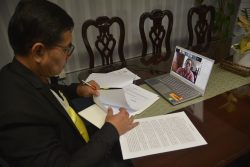
“Mahalaga po sa amin na ang ISU bilang institutionally accredited granting units sa Region 2 dahil medyo malawak [ito]. Kaya pinipilit po nating maging sustainable ang programang ito sa ISU dahil hindi lamang po GDCE ang maaari nating pagtulungan na programa tungkol sa cultural education. Maaari nating gawing cultural hub ang ISU para talaga nakasentro ang ating mga efforts sa pagpapaunlad ng cultural education.
He then went on to describe various immersion experiences of the NCCA with the indigenous people. Citing examples in health and agriculture, he explained how the appreciation of indigenous knowledge can help in advancing modern day practices.
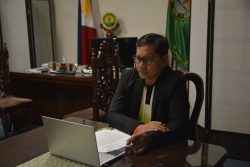
“Sa maraming pagkakataon po na kami ay nakaka-experience ng buhay ng ating katutubo, may mga indigenous knowledge talaga sila na pupwede sana nating paunlarin. Three years ago, na-discover ko sa mga Aetas na pupwede palang bumuhay ng mga palay na hindi gumagamit ng tubig.
He also explained that cultural education, along with capacitating educators through scholarship opportunities, are the easiest and most cost-effective means for the NCCA to foster cultural appreciation among individuals, since there’s a limited budget to cover the whole campaign.
ISU has been approved of a funding support amounting to 650,000 pesos for the program implementation. (GZ/BJC/JF-UMIS-CMS)

